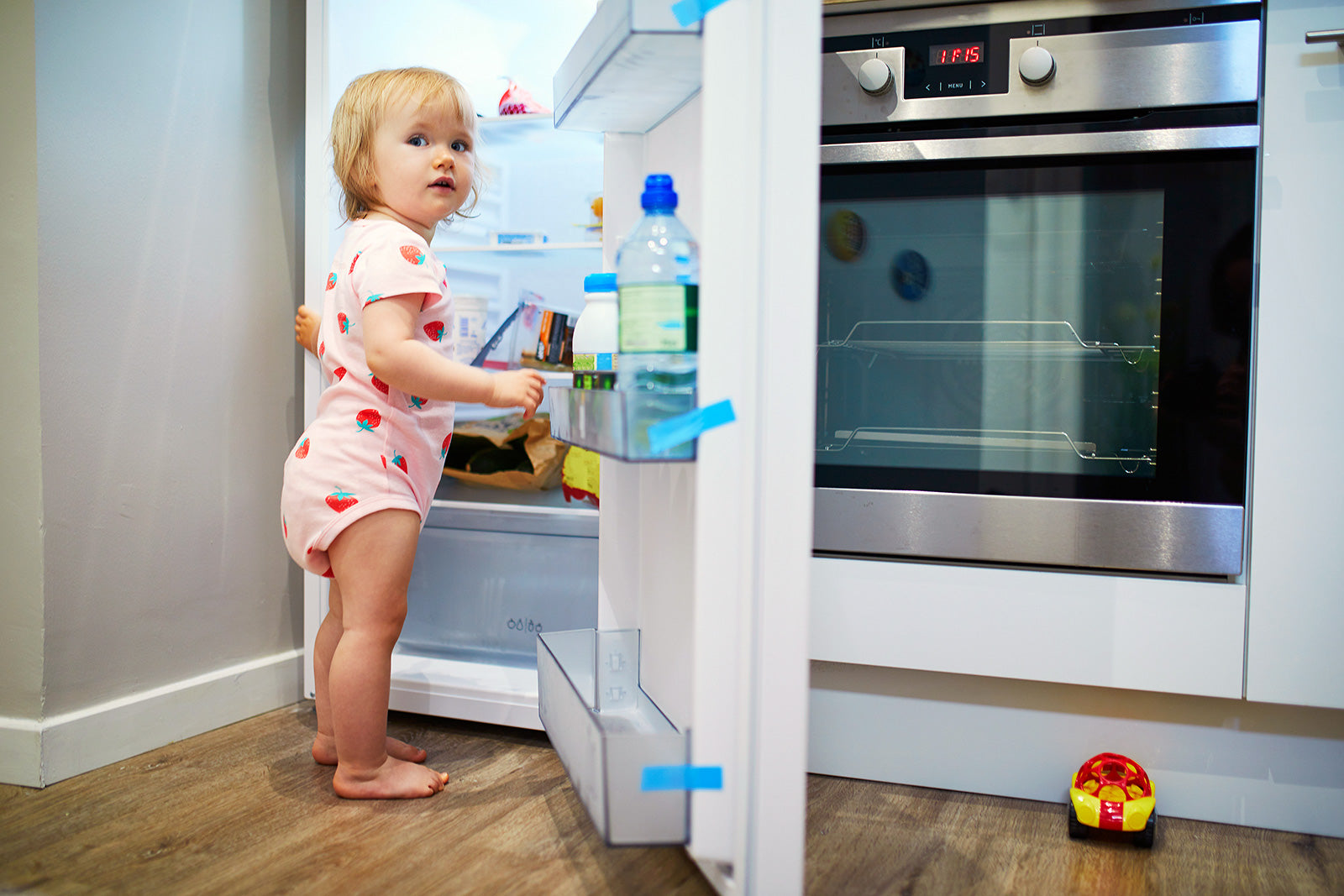How To Treat Flu & Cold In An Infant

We’ve all been there – your little one starts sneezing, their nose runs like a faucet, and suddenly you find yourself knee-deep in tissues and worry. This is every parent’s worst nightmare! Cold and flu season hits hard, but when it’s your baby who has to deal with the sniffles, it feels like a whole new level of concern. Even if you’re a first-time parent (or this is your third rodeo), a cold in an infant is tough to handle. But here’s the thing – you’re not alone. Thankfully, there are plenty of ways to help your baby through this.
Let’s walk through how to care for your little one during the cold and flu season. We’ll focus on practical advice and keep it all manageable – because yes, you’ve got this.
First Things First – Is It a Cold or Is It the Flu?
Babies get sick; it’s a fact of life, especially when their immune systems are still developing. The symptoms of colds and flu can overlap, but here are some general differences:
- Cold Symptoms – A runny or stuffy nose, sneezing, mild cough, and maybe a slight fever. Colds tend to be more gradual and are often less severe.
- Flu Symptoms – A high fever, chills, muscle aches, fatigue, dry cough, and sometimes vomiting or diarrhea. The flu usually comes on faster and hits harder.
While colds in infants are usually harmless, the flu can be more serious. If you suspect the flu, a quick call to the pediatrician is always a good idea. Trust your instincts – they’re there for a reason!
Keep Calm – When to Call the Doctor
We all wish babies could just tell us what hurts, right? Unfortunately, it’s all about reading the signs. Here are a few situations where you should definitely get in touch with your pediatrician:
- Your baby is under 3 months old with any fever (fever in very young babies is taken seriously).
- Fever above 100.4°F in older babies that lasts more than three days.
- Severe cough fits or wheezing.
- Difficulty breathing or rapid breathing.
- Persistent vomiting or diarrhea.
- Signs of dehydration (dry mouth, fewer wet diapers).
Trust your gut. If something feels off, it’s always better to call the doctor and get peace of mind. You know your baby best!
Treating the Symptoms – How to Soothe Your Sick Baby
Now that you’re facing flu symptoms in an infant, here are some ways to keep them comfortable as their immune system does its thing. While there’s no cure for a cold in infants, these methods can ease their discomfort:
Hydration is Key
If your baby is congested and has a fever, they might not feel like feeding as much, which can lead to dehydration. Breast milk is especially beneficial as it contains antibodies that can help boost their immune system.
Pro tip: Give them smaller, more frequent feeds to keep them hydrated without overwhelming them.
Saline Drops and Nasal Aspirators – Your New Best Friends
Congestion is often the biggest struggle for babies with a cold. Saline drops can help thin mucus, making it easier to remove with a nasal aspirator.
Pro tip: Try to distract your baby with a toy or funny face during suctioning to make the process easier for both of you.
Humidity Is Your Friend
Dry air can worsen a cold. Use a cool-mist humidifier in the baby’s room to keep their nasal passages moist. The white noise from the humidifier might also help them sleep better.
Keep Them Comfortable (and Cuddled!)
When your baby is sick, all they want is to be held. Holding them upright can ease congestion, especially during feedings or naps. Remember, you’re their comfort zone, and sometimes a warm hug is the best medicine.
Medications – Proceed with Caution
For babies under 6 months, most over-the-counter cold medicines are off-limits. Always consult your pediatrician before giving any medication to your little one. Avoid aspirin and double-check with your doctor on next steps.
Sleep Struggles – How to Help a Sick Baby Get Some Rest
When babies are congested or feverish, getting them to sleep can feel like an Olympic sport. Here’s how to make it a bit easier:
- Elevate the Head of the Mattress – Place a rolled-up towel under the head of the baby’s mattress to gently incline them, which can help with drainage.
- Warm Baths – A nice warm bath before bed can soothe your baby and break up congestion.
- Stick to Routine (As Much As Possible) – Babies thrive on routine, so try to keep bedtime rituals consistent. A little extra rocking and cuddles can help, too.
Pro tip: Keep the room dark, quiet, and cool. Using a humidifier can help them breathe easier, and a little safe co-sleeping can be a lifesaver.
Preventing Future Colds & Flu – What You Can Do
While there’s no sure way to prevent colds, here are steps to reduce the risk:
- Frequent Hand-Washing – Encourage everyone in the household to wash their hands regularly.
- Avoid Crowded Places – During cold and flu season, limit trips to crowded places where germs are rampant.
- Keep Sick Family Members Away – Politely ask any under-the-weather visitors to reschedule.
- Vaccination – While your baby won’t get a flu shot until at least six months old, everyone else in the household should be up to date.
Take Care of Yourself Too
To care for a sick baby can be exhausting. Remember, self-care is essential. Take quick breaks whenever possible – you’re the MVP here, and your baby needs you at your best.
In any case, remember – you’re doing an incredible job. The flu and cold in an infant are just part of the parenting journey. With patience and love, you’ll get through it. And don’t forget, our blogs are here to support you with more tips and info. You’ve got this!




